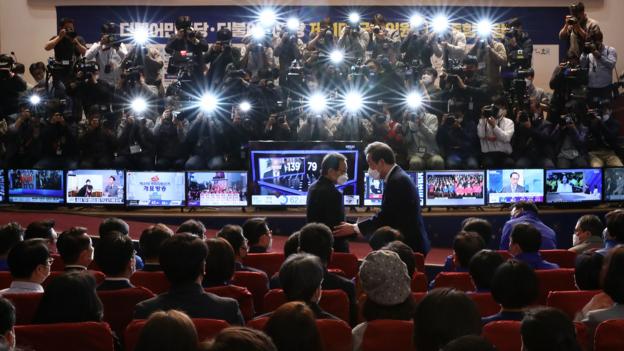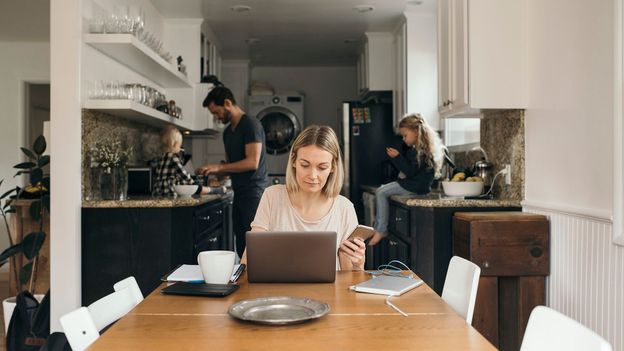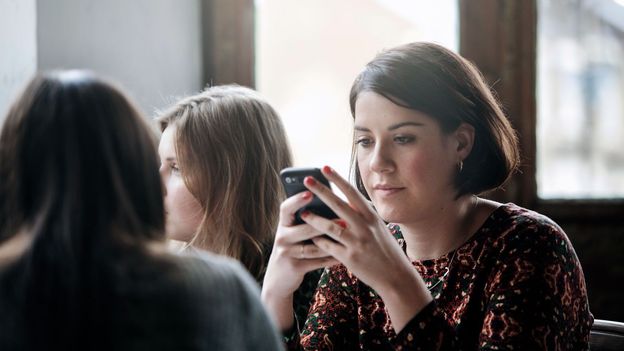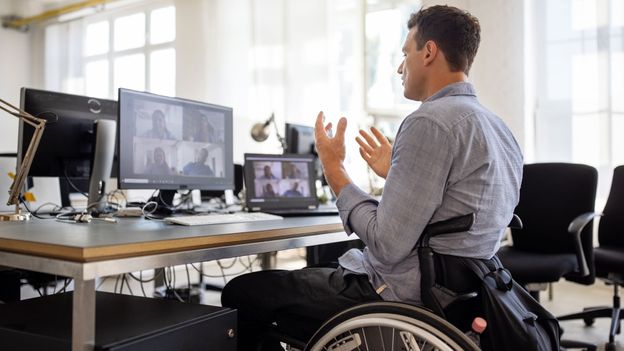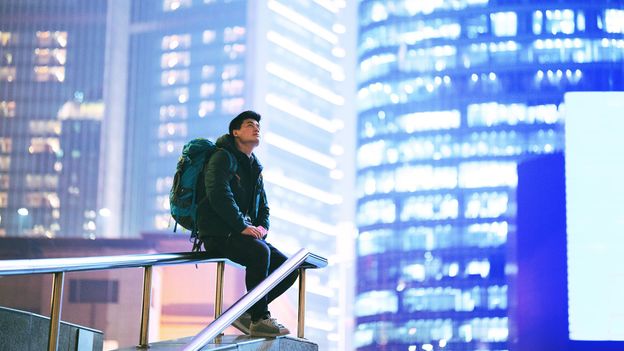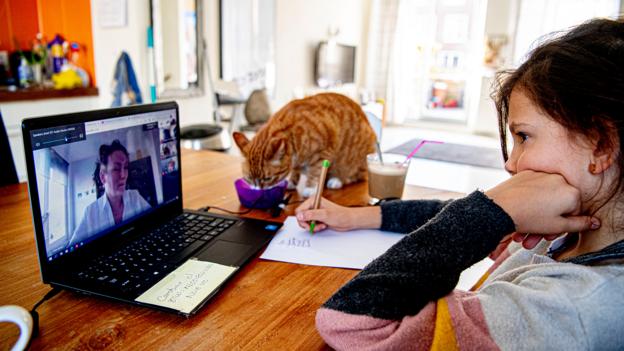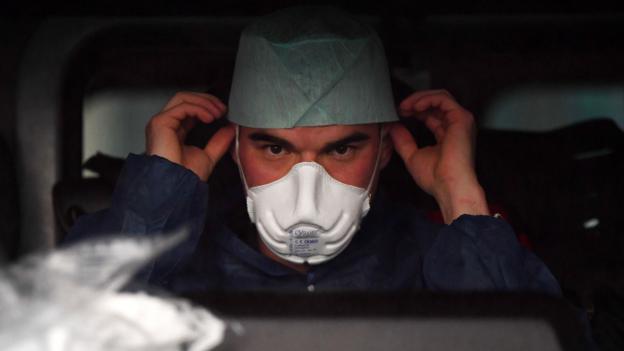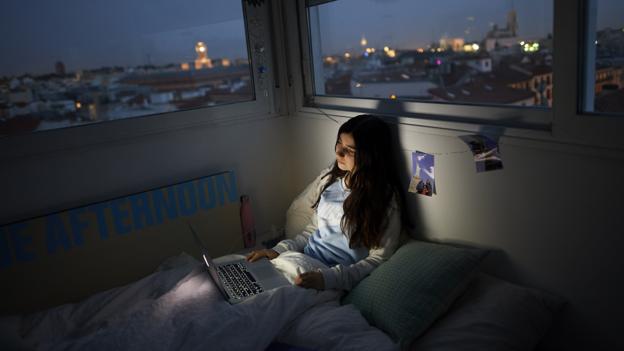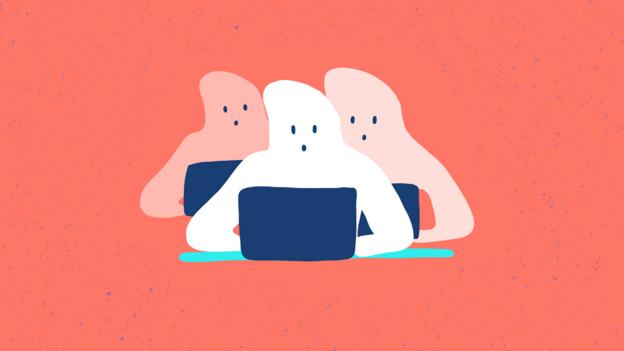“Anxiety looks at the possible and focuses on that and amplifies that, rather than the probable,” explains Davies. For example, those who are prone to anxiety might read an article to source factual information about the economy, then “go down a rabbit hole” and focus on the worst-case scenario for their own income prospects. “They’re saying, ‘well, you know, my job is at risk, I’m going to lose my job and then I can’t support myself and then I will lose my house’,” explains Davies.
Others with anxiety may be more susceptible to feeling the pain felt by those who’ve lost lives or loved ones in the crisis. “Our imagination and memory leaves us afterwards rehearsing things in our heads… We imagine what scenes are like for people, how terrible that might be, and those types of things are distressing for people.”
Switching off the news might, however, not be so easy for this group, because “the thing about anxiety for people generally is that it pushes us to check [the information], to try and relieve anxiety”.
For those with depression, the opposite may be true. Davies says some people “switch off and become apathetic” after being exposed to too much coronavirus information, and instead turn to alternative and potentially dangerous sources of stimulation, such as too much alcohol or food.
When you can’t switch off
There’s also a sizable minority who are finding themselves consumed by the news cycle more than usual for professional reasons. Journalists, communications professionals, government officials, doctors, scientists and, most recently, disinfectant manufacturers are among those having to stay on top of daily comments, trends and data in a way they’ve never previously experienced. For many, this is happening while they are working from home and managing blurred boundaries between their work and private lives.
“I’m a journalist with a toddler, a new puppy and a tween…and I’ve been having a hard time sleeping because of media overload, yet I can’t logically escape this as I work in journalism,” says Lorraine Allen Derosa, a freelance journalist in Spain who has been covering the pandemic for US media. This involves working late at night partly because of the time difference. “It’s also the only time I can work because we have no childcare at the moment,” she admits.
Therapist John-Paul Davies says a number of his current clients (who he now sees digitally) are those who “suddenly have to be on top of the latest developments” or are spending a lot of time speaking to those who’ve been hit hardest by the coronavirus.
“Hearing those stories, you’re bound to be affected by them, you know, particularly if you care about other people, and [for] a lot of journalists that’s the reason for doing it. They’re interested in other people’s stories.”

